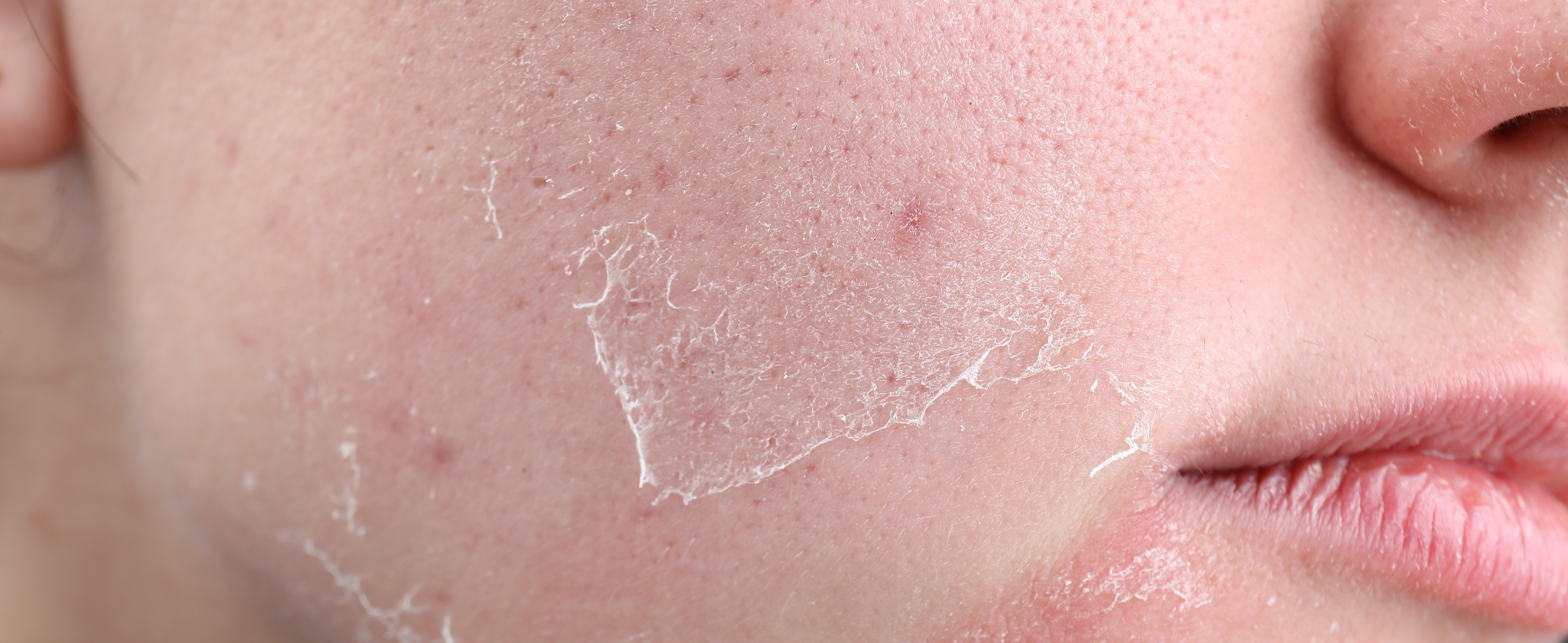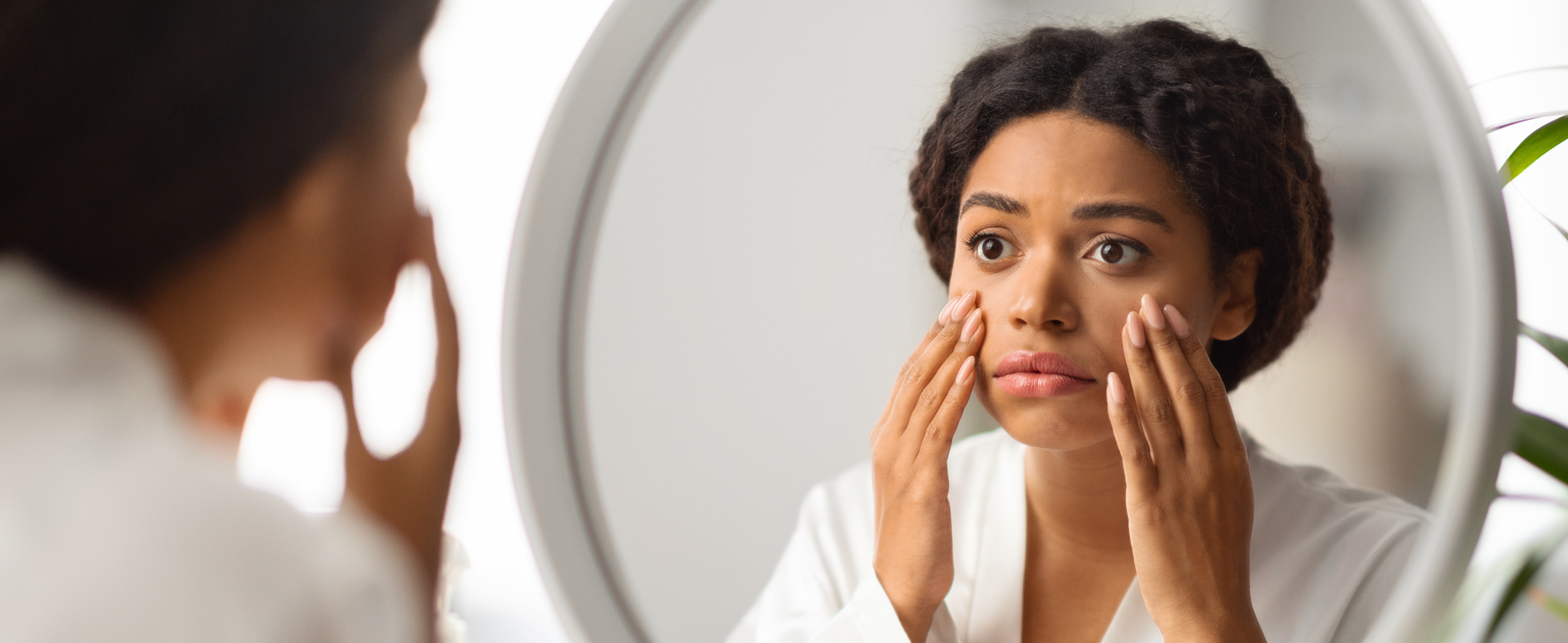Maintaining healthy, glowing skin requires a consistent skincare routine, and one of the most debated steps is washing your face. Should you use warm or cold water? Does the temperature of the water make a difference in your skin's health? In this blog, we’ll explore the benefits of both warm and cold water, debunk myths, and help you decide what’s best for your skincare routine.
The Science Behind Water Temperature and Your Skin
Your skin’s surface has a natural barrier that protects it from environmental stressors and locks in moisture. The temperature of the water you use can impact this barrier, affecting how well your skin retains hydration and how effectively it cleanses away dirt, oil, and impurities.
Should You Wash Your Face with Warm Water?
Benefits of Warm Water
- Effective Dirt and Oil Removal: Warm water helps loosen dirt, oil, and makeup, making it easier to wash away impurities. It can also improve the absorption of cleansers, allowing them to work more effectively.
- Improved Pore Cleansing: Contrary to popular belief, pores don’t physically open or close, but warm water can help soften the skin around them. This makes it easier to clean out sebum and other debris, especially for those with oily or acne-prone skin.
- Relaxing and Soothing: Using warm water can create a relaxing experience, ideal for nighttime cleansing routines.
Potential Downsides
Using water that is too hot can strip your skin of natural oils, leading to dryness and irritation. Keep the temperature lukewarm to avoid harming your skin’s protective barrier.
Is It Better to Wash Your Face with Cold Water?
Benefits of Cold Water:
- Soothes Inflammation: Cold water can help calm redness and reduce inflammation, making it a great choice for sensitive or acne-prone skin.
- Boosts Circulation: Splashing your face with cold water can stimulate blood flow, giving your skin a natural glow and tighter appearance.
- Refreshes the Skin: Cold water is invigorating, making it a great way to start your morning routine and wake up your skin.
Potential Downsides
While refreshing, cold water might not be as effective in dissolving oils and dirt, which could lead to clogged pores if used as the primary temperature for cleansing.
The Ideal Routine: A Balance Between Warm and Cold
The best approach to washing your face is to find a balance between warm and cold water. Here’s how you can incorporate both:
-
Start with Lukewarm Water:
Begin with lukewarm water to gently open the skin's surface and allow your cleanser to work effectively. This step is particularly important for those using products like Abera Turmeric Root Extract Face Cleanser, which works best on a clean and receptive surface. -
Finish with a Cold Rinse:
After cleansing, rinse with cold water to soothe your skin and lock in moisture. This helps tighten the skin and reduce any residual inflammation.
Final Verdict: Warm or Cold?
Both warm and cold water have unique benefits for your skin. The key is to use lukewarm water for cleansing and cold water for a refreshing finish. This routine ensures your skin is thoroughly cleansed, soothed, and hydrated, setting the stage for a glowing complexion.
For optimal results, pair your water temperature strategy with high-quality cleansers tailored to your skin type. Whether you choose Abera Turmeric Root Extract Face Cleanser for its natural anti-inflammatory properties, the right products combined with the right technique will give your skin the care it deserves.









